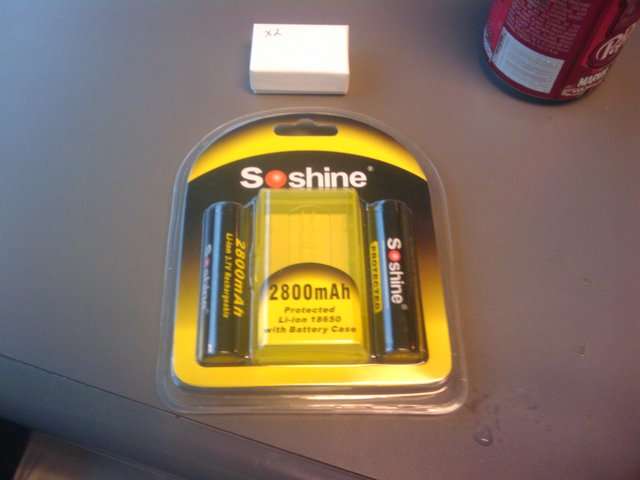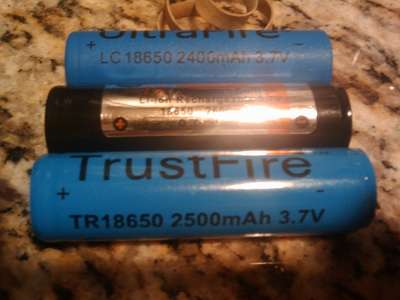- Joined
- Jun 12, 2010
- Messages
- 892
- Points
- 0
So I just ordered a pair from DX, the grey ones to be precise, along with a charger.
They seem to be pretty decent.
I'll post some results and a review in this thread once they arrive.
Anything I should be aware of? These *are* my first 18650s.
They seem to be pretty decent.
I'll post some results and a review in this thread once they arrive.
Anything I should be aware of? These *are* my first 18650s.








